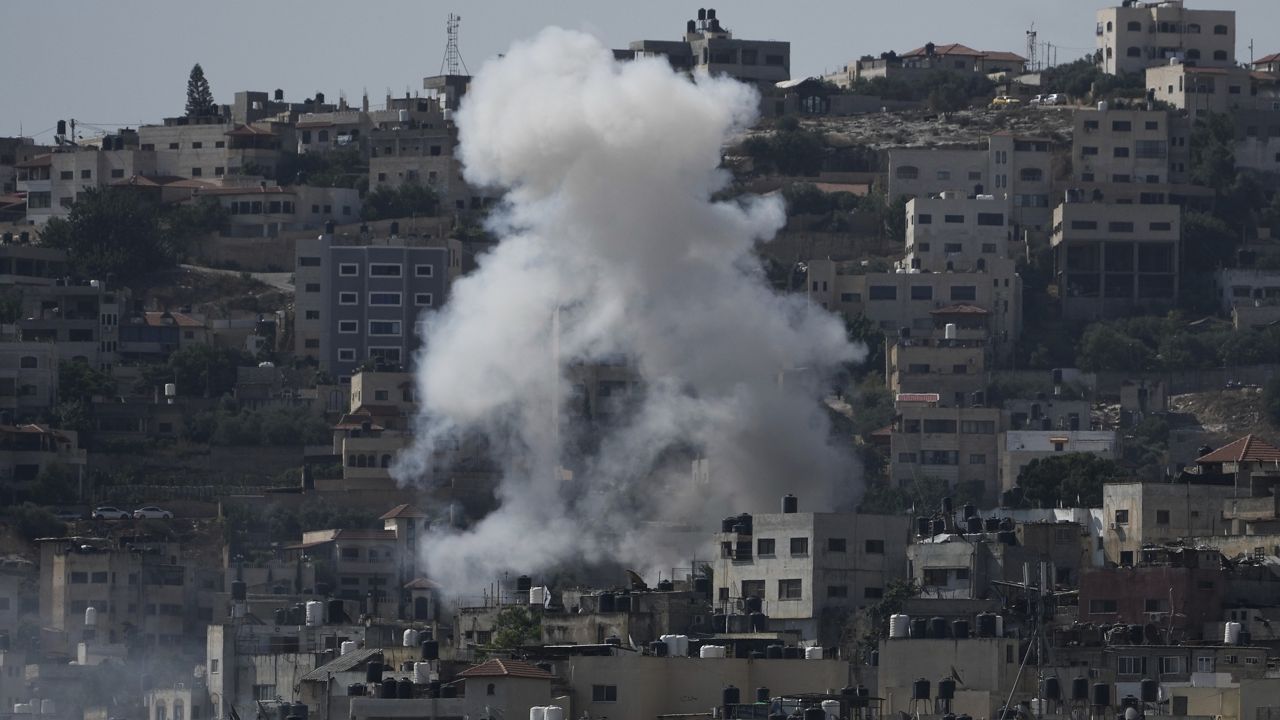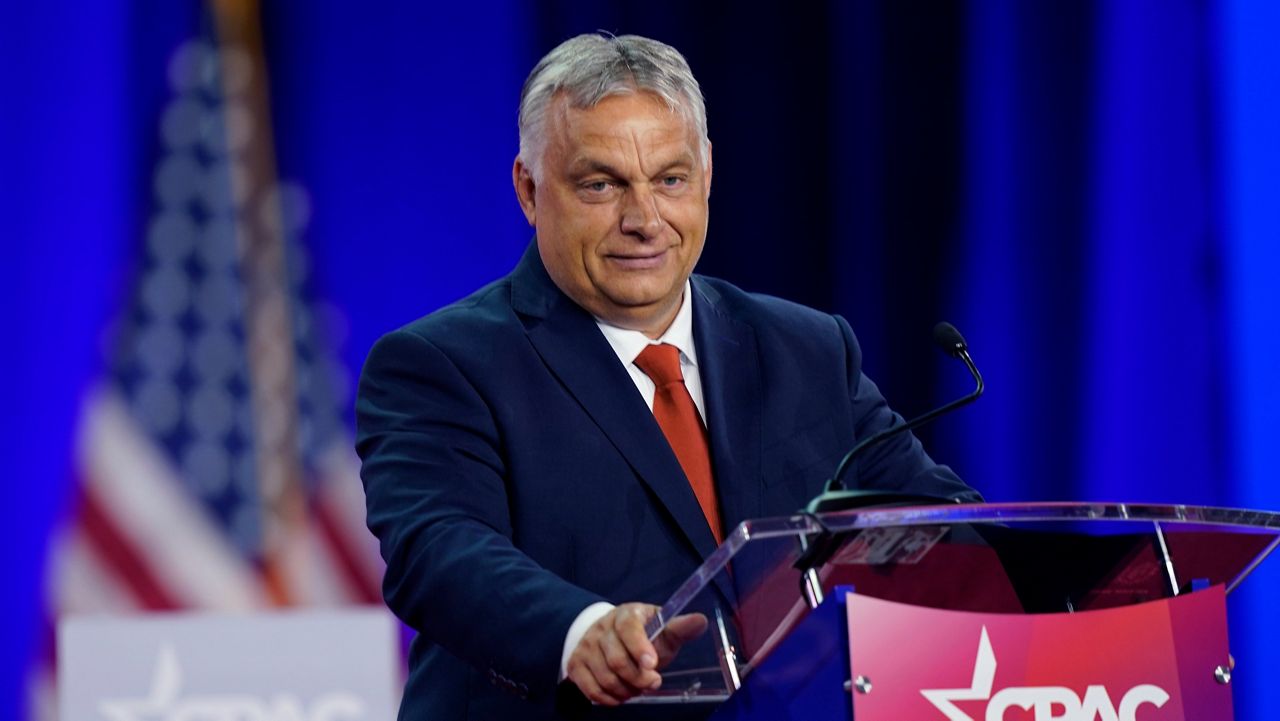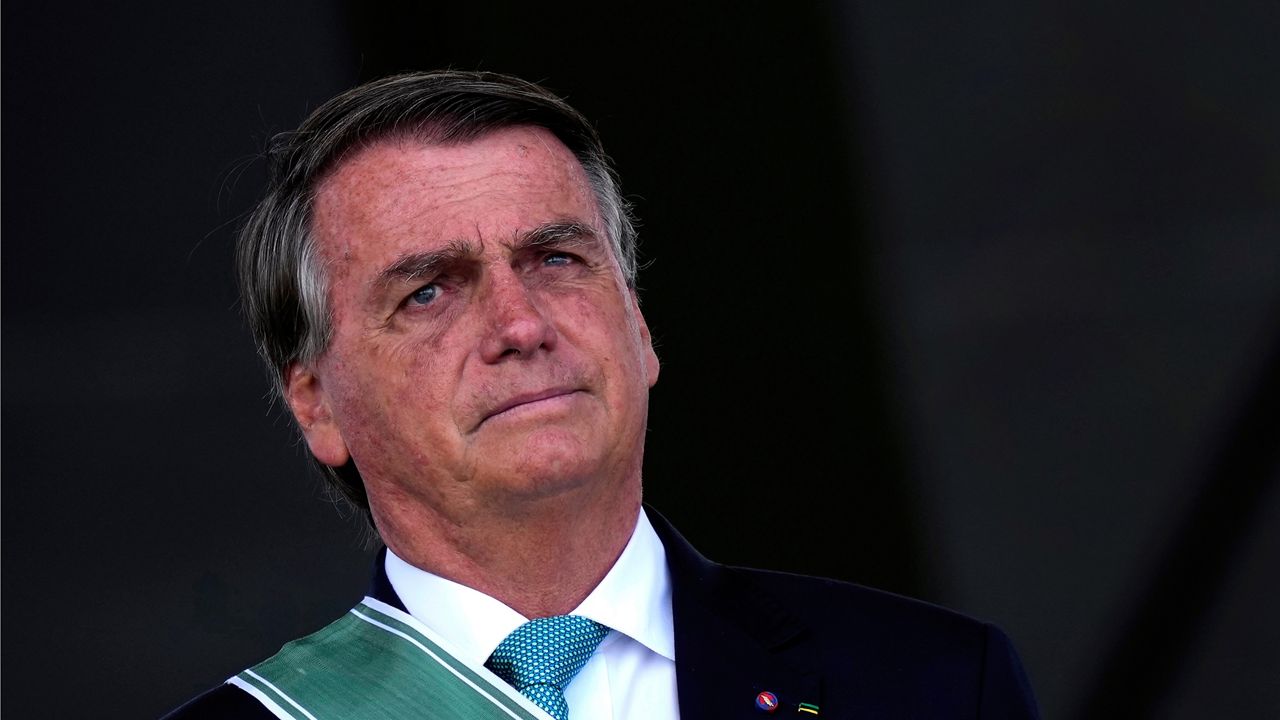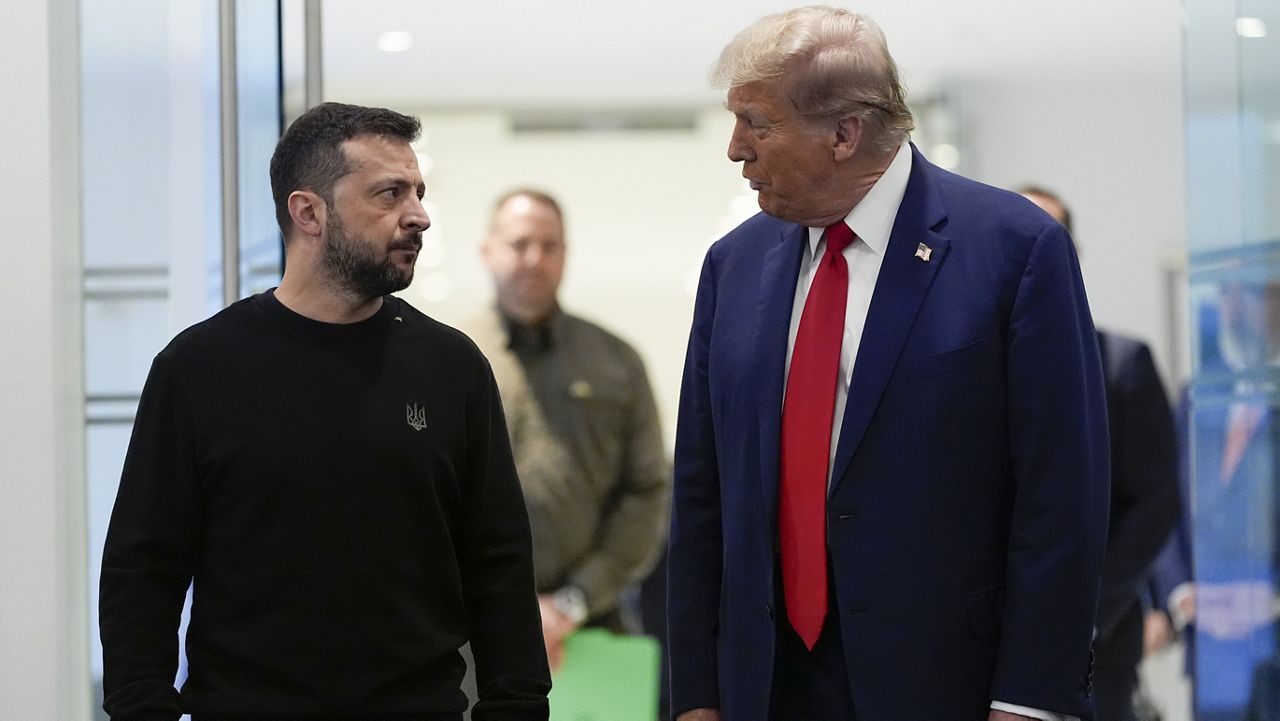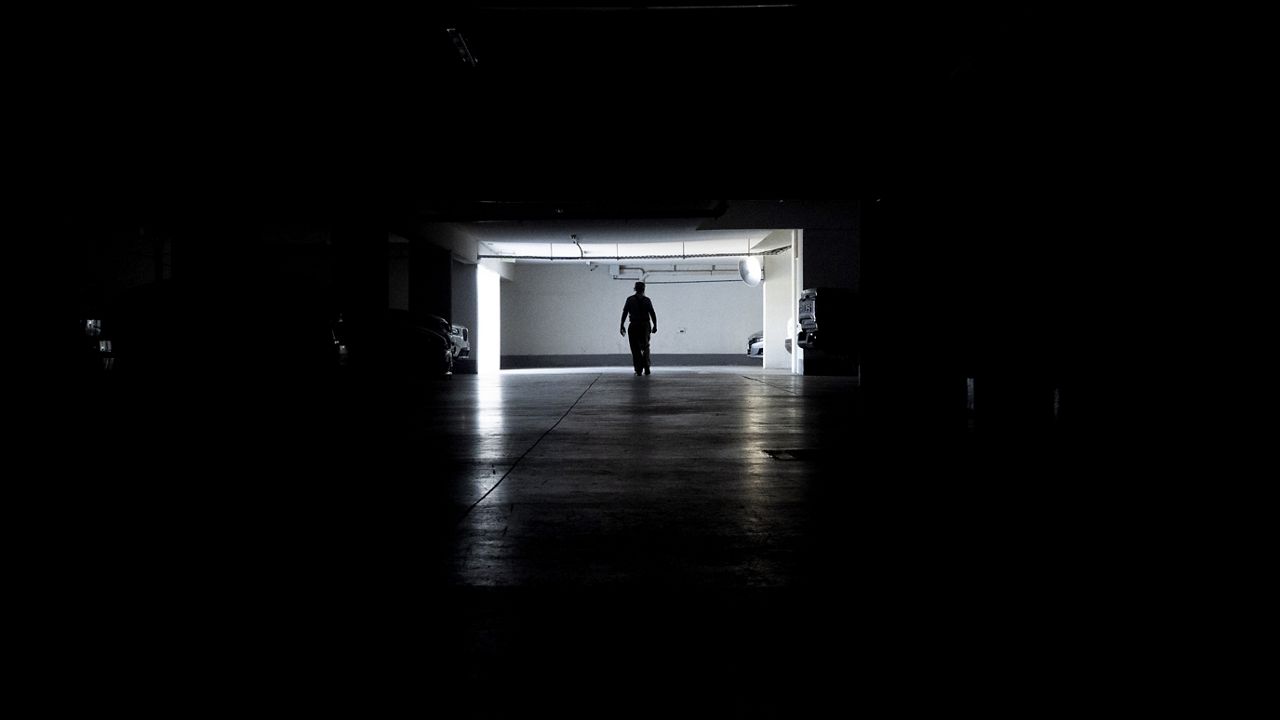The Israeli-Palestinian conflict has killed over 200 Palestinians and nearly 30 Israelis so far this year – already surpassing last year’s annual figures and the highest number since 2005, the U.N. Mideast envoy said Monday.
What You Need To Know
- The U.N. Mideast envoy says the Israeli-Palestinian conflict has killed over 200 Palestinians and nearly 30 Israelis so far this year – already surpassing last year’s annual figures and the highest number since 2005
- Tor Wennesland told the U.N. Security Council on Monday that the upswing in violence is being fueled by growing despair about the future, with the Palestinians still seeking an independent state
- He said: “The lack of progress towards a political horizon that addressed the core issues driving the conflict has left a dangerous and volatile vacuum, filled by extremists on all sides”
- While Israelis and Palestinians have taken some actions toward stabilizing the situation, Wennesland said unilateral steps have continued to fuel hostilities.
Tor Wennesland told the U.N. Security Council that the upswing in violence is being fueled by growing despair about the future, with the Palestinians still seeking an independent state.
“The lack of progress towards a political horizon that addressed the core issues driving the conflict has left a dangerous and volatile vacuum, filled by extremists on all sides,” he said.
While Israelis and Palestinians have taken some actions toward stabilizing the situation, Wennesland said unilateral steps have continued to fuel hostilities.
He pointed to the unabated expansion of Israeli settlements – which are illegal under international law “and a substantial obstacle to peace” – as well as Israel’s demolition of Palestinian houses, its operations in the West Bank area under Palestinian administrative and police control, and attacks by Israeli settlers. He also cited “Palestinian militant activity.”
Wennesland said the current situation is compounded by “the fragility” of the Palestinian Authority’s financial situation and severe funding shortages facing U.N. agencies including the U.N. agency for Palestinian refugees, UNRWA.
“While we must urgently focus on addressing the most critical issues and on de-escalating the situation on the ground, we cannot ignore the need to restore a political horizon,” he said.
U.S. Ambassador Linda Thomas-Greenfield, who chaired the meeting, condemned violence by both sides and urged immediate steps to reduce the escalating violence.
She reiterated U.S. support for a two-state solution and “good-faith dialogue” between the parties. And she acknowledged the appointment of Saudi Arabia’s ambassador Jordan as non-resident consul general in Jerusalem, adding that the U.S. will support “any and all efforts that will bring us closer to a two-state solution.”
Russia’s deputy U.N. ambassador Dmitry Polyansky told the council the long-term stagnation of the peace process “is compounded by the ongoing illegal unilateral actions of Israel to create irreversible facts on the ground, which negates the prospects for reviving direct talks between Palestinians and Israelis.” He called the “unprecedented pace” of Israel’s settlement expansion the biggest threat.
Polyansky called a visit to the region by U.N. Secretary-General Antonio Guterres, expected before the end of the year, “very timely." And he reiterated Russia’s call for a meeting of the so-called Quartet of Mideast mediators – the U.N, U.S., European Union and Russia -- “to revive the peace process and direct Palestinian-Israeli talks on all final status issues.”
France’s political coordinator Isis Jaraud Darnault also condemned “the Israeli colonization of the Palestinian territories” that it wants for its future state, and continuing Israeli demolitions, including a school in the West Bank’s Ramallah region on Aug. 17 which was financed by European donors including France. She also condemned violence against Israelis.
Darnault told the council the U.N. and regional actors have an essential role to play in restoring “a credible political horizon.”
“The normalization of relations between Israel and several states in the region contributes to stability and security, but this dynamic will remain incomplete as long as it is not accompanied by a resumption of the political process towards a solution that meets the legitimate aspirations of both Palestinians and Israelis,” she said.




